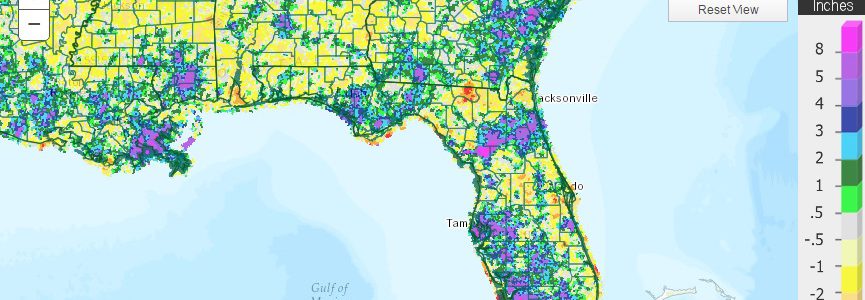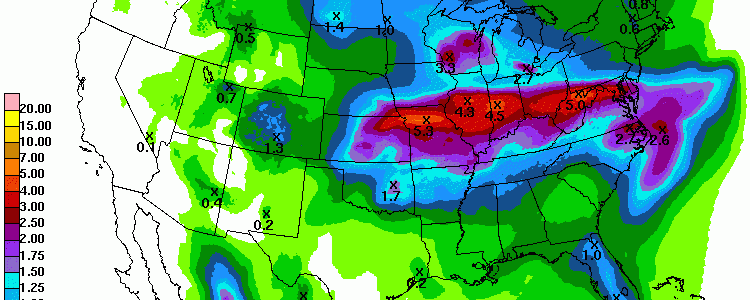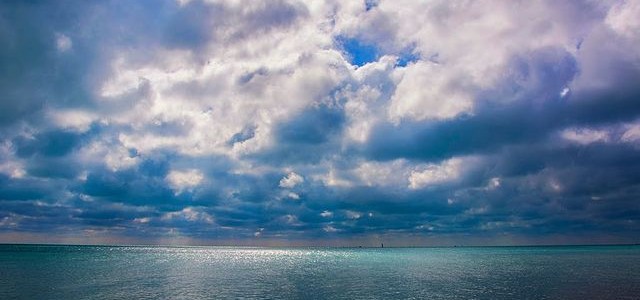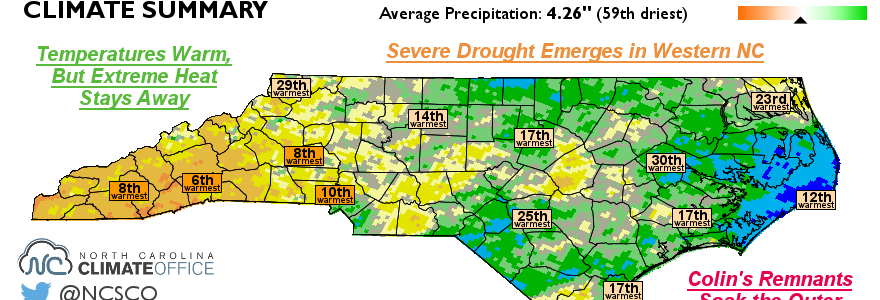Pam Knox
-

The latest monthly climate summary for Florida for June 2016 is now available at https://climatecenter.fsu.edu/products-services/summaries/climate-summary-for-florida-june-2016. As I post this, their rainfall map is missing but here is what it will look like once they put it up:
Posted in: Climate summaries -

The latest 7 day QPF map shows that fairly dry weather should be on tap for the next week across most of the Southeast. Most of the area will receive less than half an inch of rain, which is less than the one inch or more that plants need this time of year. The wettest…
Posted in: Climate outlooks -

The US Climate Resilience Toolkit has a useful tool looking at vegetation health. It is called VegScape and it looks at the condition of vegetation across the US on a zoomable map derived from satellite data. You can read about it and find a link to the tool at https://toolkit.climate.gov/tool/vegscape%E2%80%94vegetation-condition-explorer. It is a little hard…
Posted in: Tools for climate and agriculture -

Aug 11, 2016 | Workshop: AgWeather Solutions for Agriculture in North Central Florida | Citra, FL This event will cover: Climate Basics Climate Risk Tools in Agriculture AgWeather Solutions for Plant Diseases AgWeather Solutions for Vegetable Production Seasonal Climate Outlook When: Thursday, August 11, 2016 9:30 a.m. – 3:00 p.m. Where: UF/IFAS Plant Science Research…
Posted in: Events -

Scientific American has an article this month on the construction that is continuing to take place on the Florida coast even as sea levels are rising and nuisance flooding is increasing. Some of the measures that homeowners are using to adapt are higher sea walls, elevating their properties, and building codes which require higher foundations. You…
-

The latest monthly summary for North Carolina for June 2016 is now available. You can find it at https://climate.ncsu.edu/climateblog?id=195&h=5666e5c1.
Posted in: Climate summaries -

I ran across an interesting article this week describing the history of broadcast weather forecasting and how it has changed over time. While I don’t do television weather forecasting myself, I have many former students and friends who do. You might enjoy this peek back at early weather forecasts and how the technology has improved.…